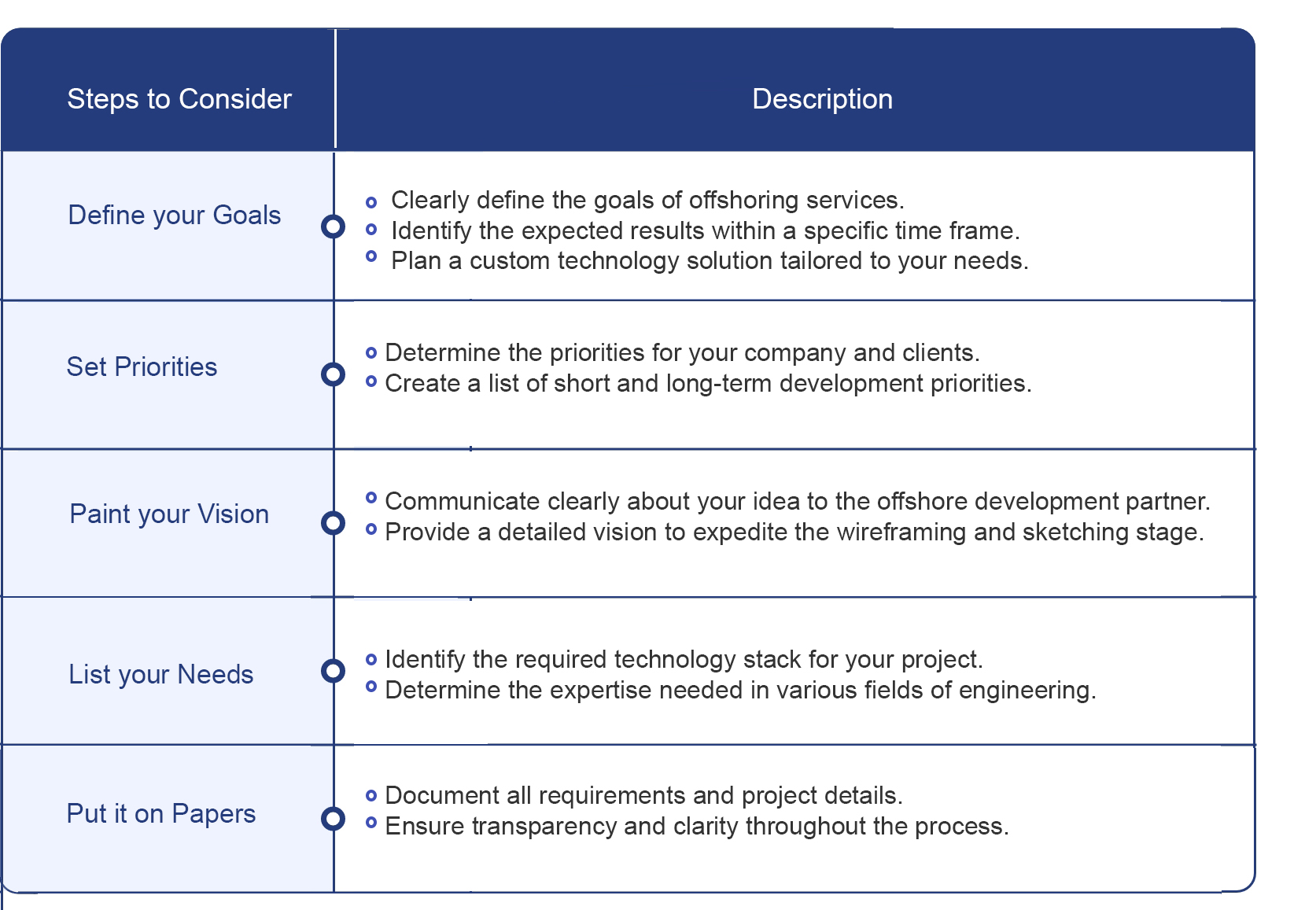The Co-founder of Microsoft, Bill Gates, once said, "The first rule of any technology used in a business is that automation applied to an efficient operation will magnify the efficiency the importance of efficient processes in any business operation." The statement holds true for offshore software development, where the optimization of processes becomes even more critical, as geographic dispersion and communication complexities demand streamlined workflows to achieve heightened productivity and maximize the benefits of automation.
- About Us
- Services
- Application Development
- Application Modernization
- AI/ML Development
- BI and Analytics
- Portals and Collaboration
- Mobile APP Development
- UI/UX Services
- Office 365 and Microsoft 365 Services
- Cloud Enablement
- Digital Transformation Consulting
- Industry 4.0/5.0
- Virtual and Augmented Reality (VR/AR)
- IOT Development Services
- Software Development As-A-Service
- Adaptive Automation
- Solutions
- Careers
- Contact Us
close

